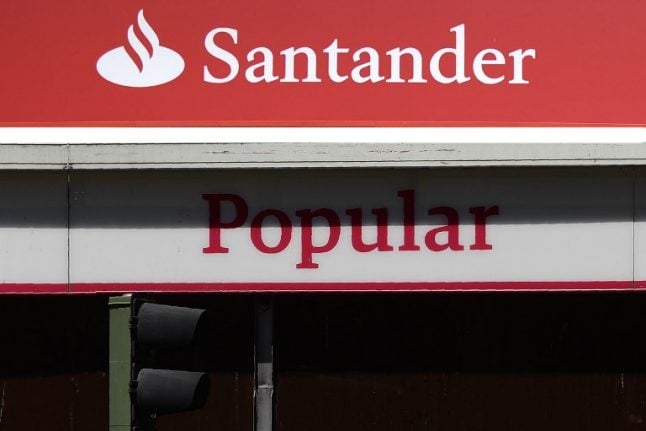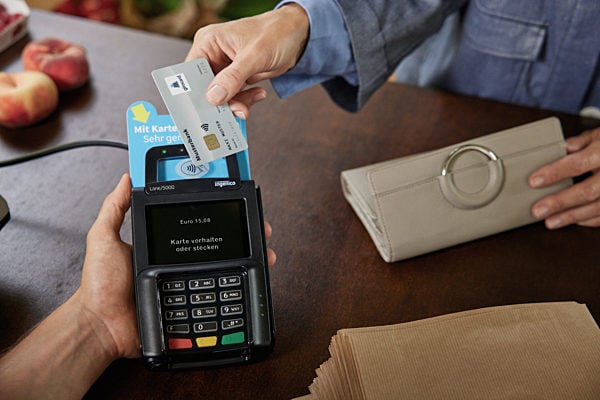By paying just a symbolic euro for Popular, Santander becomes “Spain's biggest bank” in terms of market share, said its president Ana Botin on Wednesday.
That day, the European Central Bank (ECB) announced Banco Popular was “failing or likely to fail” and would be sold to Santander — the first time such a decision has been taken since the ECB took over the role of Europe's banking supervisory authority in 2014.
Santander may have been the eurozone's first bank in market capitalisation and may have made a six-billion-euro ($6.7-billion) profit last year, but it was still only the third lender in its own country in terms of market share.
Its main markets are Brazil and the United Kingdom.
But the buyout of Popular allows Santander to gain close to 20 percent of the loan and deposit market in Spain. It also becomes the biggest private bank in Portugal, where its rival was established.
Popular is also liked by small and medium-sized companies, which means Santander will now control a quarter of a market that is just lifting off again after the financial crisis, with three percent growth expected in Spain this year.
That is why Botin promised her shareholders that the buyout would be “good” for them, suggesting a 13 to 14 percent return on investment from 2020 and confirming other, previously-announced financial targets in the coming years.
Job cuts?
For now, investors appear to be convinced.
Shares in Santander rose more than five percent late Thursday afternoon on Spain's main Ibex 35 index, all but ignoring the fact that the bank will have to issue seven billion euros worth of new shares to finance the operation.
While Santander is only paying one euro for Popular, it will need billions to clean up the failed bank's balance sheet.
“It's a good operation financially and strategically” for Santander, according to analysts at Link Securities.
But they warned against the challenges involved in the absorption process, including “keeping the clients” of Popular, whose brand will eventually disappear entirely.
To keep its promises to shareholders, Santander is banking on “economies of scale” and the “optimisation of the network of (bank) branches.”
This has sparked fears that branches will be closed and jobs lost on top of the 2,600 posts already cut by Popular and 2,500 by Santander, according to UGT, one of Spain's leading unions.
Santander's director general on Thursday promised “continuity” for staff at Popular, without giving more details. The bank estimates that restructuring costs will come in at €1.3 billion.
Toxic assets
Aside from possible job cuts, Banco Santander will also have to get rid of Popular's infamous toxic assets it inherited during the crisis — property taken from individuals or developers unable to reimburse their loans — which precipitated its downfall.
Buyers still remain scarce, but Santander will have to manage to sell them off.
Such is the number of “toxic” flats, offices and plots of land that Santander has provisioned 7.9 billion euros to maintain its financial viability in the process.
Botin is banking on the recovery of the real estate market, and her bank's own experience in the matter.
In five years, Santander reduced its own portfolio of toxic assets by 60 percent, thanks to huge price cuts.
Last, but not least, Santander could be hit by legal challenges by shareholders who invested in Popular and lost all their money in the buyout.
Lawyers and consumer associations are mobilised to ask for compensation, judging the sale process suspiciously quick and opaque.
On Thursday, the association of minority shareholders filed an official complaint to anti-corruption prosecutors in Spain's National Court, which deals with major graft issues, for “a possible offence against the market and consumers.”
By Emmanuelle Michel / AFP



 Please whitelist us to continue reading.
Please whitelist us to continue reading.